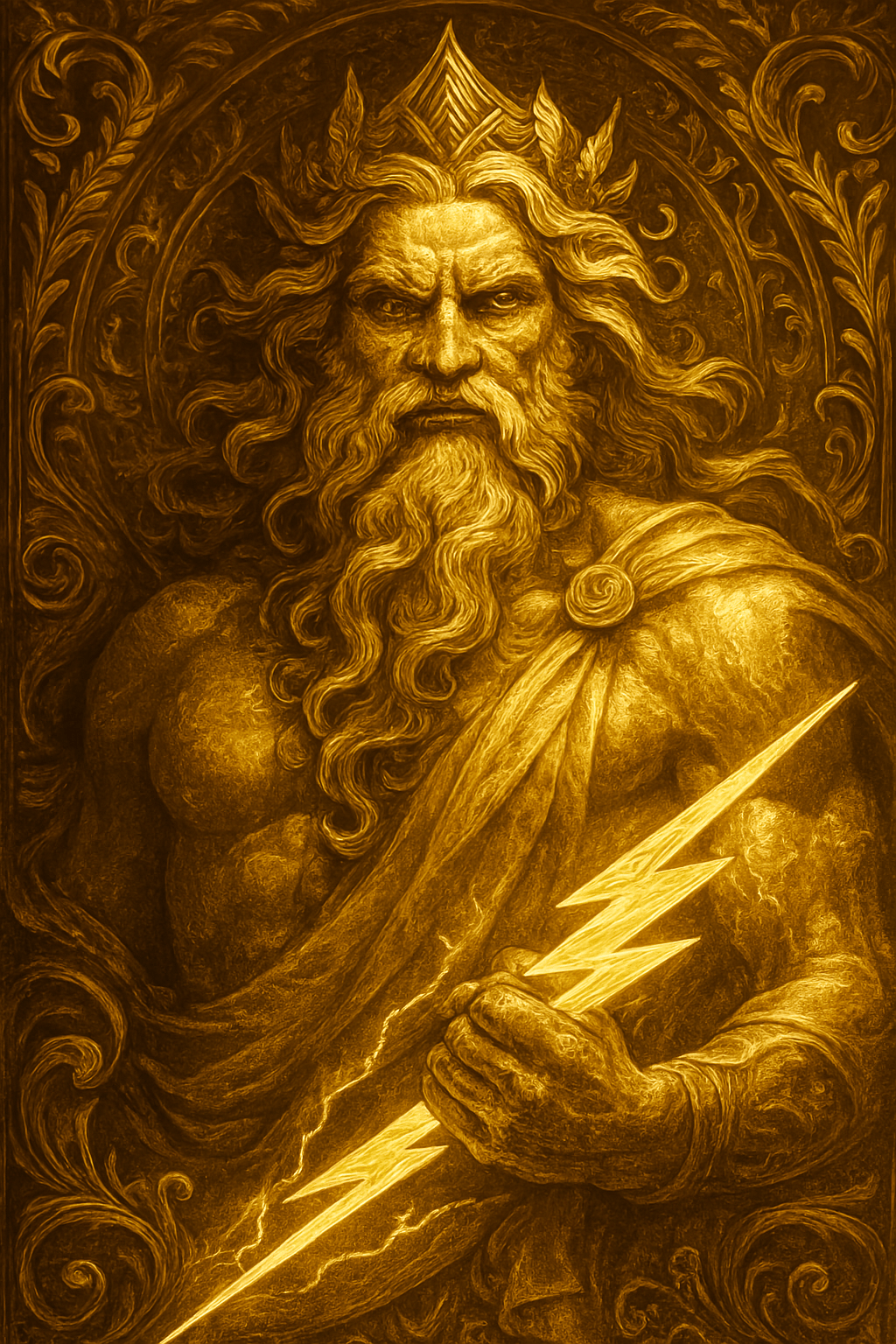Introduction to John Elia and His Legacy
John Elia was no ordinary poet—he was a phenomenon. Born on December 14, 1931, in Amroha, India, and later moving to Pakistan after partition, Elia carved out a distinct niche in Urdu literature. His deep, soul-touching poetry resonates with millions across generations and geographies.
With verses soaked in pain, love, despair, and existential dread, John Elia became the voice for those grappling with inner turmoil. His words, simple yet profound, continue to stir emotions, offering comfort to lonely hearts and kindred spirits.
Who Was John Elia?
John Elia was not just a poet; he was a philosopher, essayist, and scholar proficient in Urdu, Arabic, Persian, and English. His poetry, laced with sadness and rawness, spoke directly to the soul.
He spent much of his life battling depression, financial hardships, and loneliness, which became the lifeblood of his poetry. Despite these struggles, he maintained a dark sense of humor and wit that captivated audiences.
Why His Poetry Resonates Globally
In an era of fast-paced living and digital connections, John Elia’s poetry offers solace. His verses strip down emotions to their barest form, making readers feel understood and seen. Whether it’s unrequited love, existential pain, or inner rebellion, John Elia articulates it all with unmatched finesse.
Understanding the Themes in John Elia’s Poetry
Pain and Despair
Pain was the essence of John Elia’s existence, and it’s vividly reflected in his poetry. His verses often explored themes of loneliness, rejection, and personal sorrow.
Love and Longing
For John Elia, love was not a mere romantic ideal; it was a harrowing journey of yearning and loss. His portrayal of love was melancholic yet beautiful.
Existential Musings
Many of John Elia’s poems delve deep into questions of existence, meaning, and mortality. His philosophical undertones invite readers to introspect.
Characteristics of John Elia’s Writing Style
Simplicity Coupled with Depth
One of the reasons John Elia’s poetry is so accessible is his use of simple language packed with layered meanings. Every line invites multiple interpretations.
Wit and Irony
Even amid sorrow, Elia’s sharp wit sparkles. His ironic takes on life, love, and death add a unique flavor to his otherwise somber poetry.
Top 10 Famous Deep John Elia Poems
- “Main Bhi Bohat Ajeeb Hoon”
- “Kuch Nahi Chahiye”
- “Uski Yaad Aayi Hai”
- “Mujh Se Pehli Si Mohabbat”
- “Tum Kitne Khoobsurat Ho”
- “Dukh”
- “Woh Mera Hai”
- “Aksar Aisa Hota Hai”
- “Ab Ke Hum Bichre”
- “Kaun Aaya”
Each poem offers an ocean of emotion, pain, and tender introspection.
John Elia’s View on Love: A Broken Heart’s Reflection
His Personal Life and Relationships
John Elia’s personal life was as tumultuous as his verses. His failed marriage and lost loves became recurring motifs in his poetry.
Love Letters Turned Poems
Many of his poems feel like unsent love letters, filled with raw yearning and heartfelt confessions.
Existentialism and Nihilism in John Elia’s Work
“Main Khud Se Khafa Hoon” – A Reflection
This iconic verse captures John Elia’s internal battles. His work often questions the meaning of existence, painting life as a fleeting, often absurd journey.
Best Quotes and Couplets by John Elia
| Original Urdu | English Translation |
|---|---|
| “Shayad main zindagi ki aakhri manzil par hoon…” | “Perhaps I am at the final destination of life…” |
| “Main bhi bahut ajeeb hoon, itna ajeeb hoon ke bas…” | “I am strange too, so strange that…” |
The Cultural Impact of John Elia’s Poetry
Influence in Pakistan and India
John Elia holds an almost cult-like status in Pakistan and India. His ghazals and couplets are quoted in gatherings, social media, and literary discussions.
Rise of Online Popularity
Instagram pages, YouTube videos, and Facebook groups dedicated to his poetry continue to thrive, introducing new audiences to his timeless words.
Hidden Meanings in John Elia’s Verses
Symbolism and Deep Emotional Cues
John Elia often used rich symbolism to mask his most vulnerable emotions. His references to night, separation, death, and mirrors serve as metaphors for loneliness, unfulfilled desires, and existential questioning. His poetry requires slow, reflective reading to truly uncover the layers hidden within simple lines.
Often, the pain he speaks of is not merely personal heartbreak—it’s a reflection of a larger philosophical discontent with the human condition.
Reading John Elia Today: A Modern Perspective
Why Millennials and Gen-Z Adore His Work
In today’s world of rapid technological advancement and emotional disconnection, John Elia’s heartfelt, raw emotions strike a special chord with the youth. Millennials and Gen-Z, especially, find in his words a mirror to their own internal chaos—loneliness, social alienation, heartbreak, and existential dread.
Memes, reels, and aesthetic posts quoting John Elia have brought his words to life in the digital realm, proving that true art transcends time.
John Elia’s Unfinished Works and Rare Pieces
Lost Manuscripts and Lesser-Known Poems
Towards the end of his life, John Elia struggled with health issues, addiction, and isolation, resulting in many incomplete works. Some of his unpublished verses, recovered posthumously, reveal even deeper wells of sadness and wisdom.
Collections like “Gumaan” and “Shayad” offer a glimpse into these hidden corners of his soul, while rare handwritten notes showcase raw, unpolished brilliance.
Comparing John Elia to Other Urdu Poets
Ghalib, Faiz, and Elia: A Tragic Trio
Mirza Ghalib lamented existential sorrow, Faiz Ahmed Faiz championed revolutionary hope, and John Elia articulated the desolation of the modern soul.
While Ghalib and Faiz enjoyed broader societal acceptance during their lifetimes, John Elia became an icon posthumously, gaining a fierce following for his unapologetic portrayal of despair and disenchantment.
Each of these poets, however, shares an undying legacy: giving voice to the unspoken pains of humanity.
Popular Books of John Elia You Must Read
| Book Title | Description |
|---|---|
| Shayad (Maybe) | His first and most iconic poetry collection, published in 1991. |
| Ya’ni (Meaning) | Delves deeper into existential questions and heartbreak. |
| Gumaan (Doubt) | A haunting journey through self-doubt and existential musings. |
| Lekin (But) | A philosophical reflection on life’s contradictions. |
| Goya (As If) | Captures the dreamlike, unreal experiences of life and love. |
Each book is a treasure chest of emotions, offering a glimpse into Elia’s fascinating yet tragic inner world.
How to Truly Appreciate John Elia’s Poetry
Techniques for Deep Reading and Reflection
- Slow Reading: Don’t rush. Let each couplet sink in.
- Context Matters: Understand the socio-political background John Elia was writing in.
- Feel, Don’t Just Read: His poetry is emotional, not academic.
- Keep a Journal: Note down your thoughts and feelings after reading his poems.
- Read Aloud: Urdu poetry carries deeper resonance when spoken.
Through these methods, you’ll uncover layers of meaning that are not immediately obvious but deeply rewarding.
FAQs About John Elia and His Poetry
1. Why is John Elia considered so deep?
John Elia’s poetry captures complex emotions—loneliness, existential despair, unrequited love—in a deceptively simple language, making it relatable yet profoundly moving.
2. What was John Elia’s most famous poem?
One of his most famous poems is “Main Bhi Bohat Ajeeb Hoon,” where he reflects on his own contradictions and existential confusion.
3. Are there any English translations of John Elia’s work?
While official translations are limited, many fans have created beautiful English renditions of his popular couplets and poems.
4. What makes John Elia different from other Urdu poets?
His unapologetic honesty, existential themes, and blending of classical and modern diction make him unique in the Urdu poetry landscape.
5. Did John Elia ever find love?
Though John Elia experienced love, much of it was marked by heartbreak and disillusionment, themes heavily featured in his poetry.
6. How did John Elia die?
John Elia passed away on November 8, 2002, in Karachi, Pakistan, after prolonged illness, marking the end of a tumultuous yet brilliant life.
Conclusion: The Timeless Relevance of John Elia
John Elia’s words transcend language, culture, and time. His poetry doesn’t just speak; it resonates, reverberates, and sometimes even bleeds through the heart of the reader. In every line, he offers a fragment of his soul—a soul eternally wandering through corridors of pain, love, doubt, and fragile hope.
As long as there are hearts that ache and minds that ponder, John Elia’s poetry will never fade.





